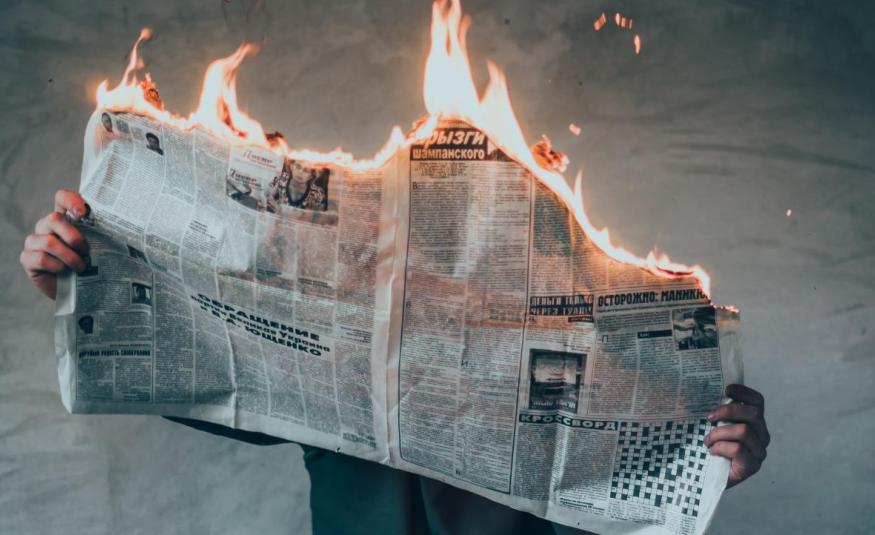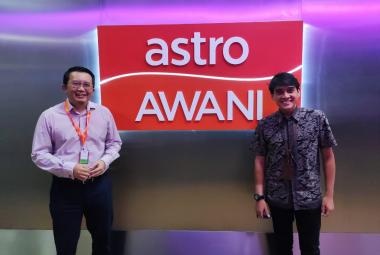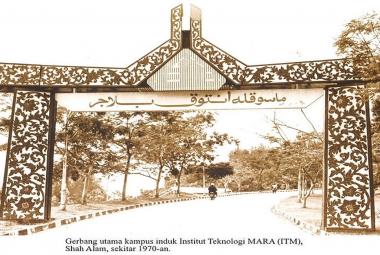ON 29 May 2022, the DagangNews.com editorial joined industry peers in a gathering in Melaka to celebrate Malaysia's National Journalist Day.
From the first day of the event organized by the secretariat of the Malaysian National News Agency (Bernama), DagangNews.com has participated in the meeting, both physically and video.
Bernama as the host, did an excellent job because it is not an easy task to gather the whole media fraternity in the country, from the mainstream up to the start-up media entities.
Bernama's success in organizing Hawana 2022 will definitely be a benchmark for other Hawana's organising committee in the future.
DagangNews.com as a start-up news portal is one of the signatories of the Melaka Declaration which was read enthusiastically by BH Group Editor, Datuk Ahmad Zaini Kamaruzzaman representing all media in front of Prime Minister Datuk Seri Ismail Sabri Yaakob.
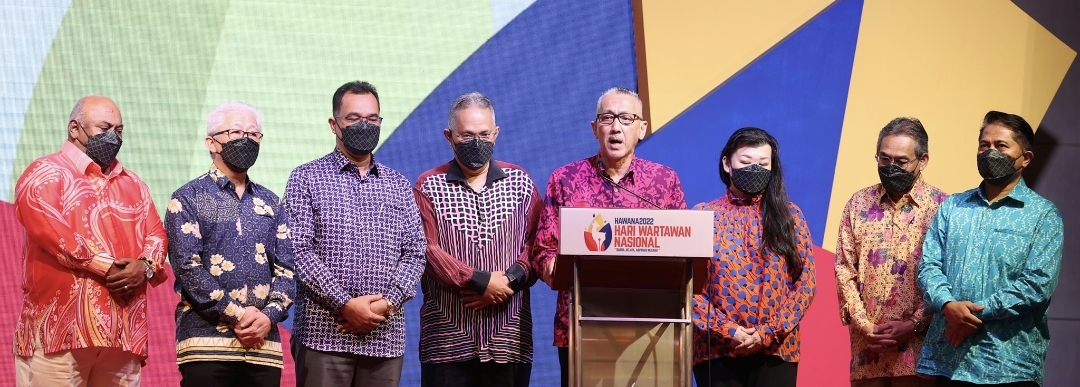
National Association of Journalists
Another heavy task awaits is the establishment of the National Association of Journalists which will serve as the parent body to all bonafide journalists.
`Heavy' because we - the species of journalist is notorious for disliking association (union might be of higher interest). This is due not so much of ideologically reasons as it used to be but more of a question of time.
For the major mainstream media, it is possible to appoint anyone as a representative but this platoon-sized portal, to be involved means losing one valuable manpower that day. Working on a portal like DagangNews.com is not the same as our time in the mainstream media in the past.
The manpower are limited but with the advantage of experience and improving skills demanded every day, allowing a portal reporter to produce between 10 to 12 news a day, from 9 am to 6 pm.
This is also the reason why all DagangNews.com journalists are deployed to Melaka so that they can cherish a day where they're appreciated as a journalists. Not to ask for praise but enough to meet new and old friends.
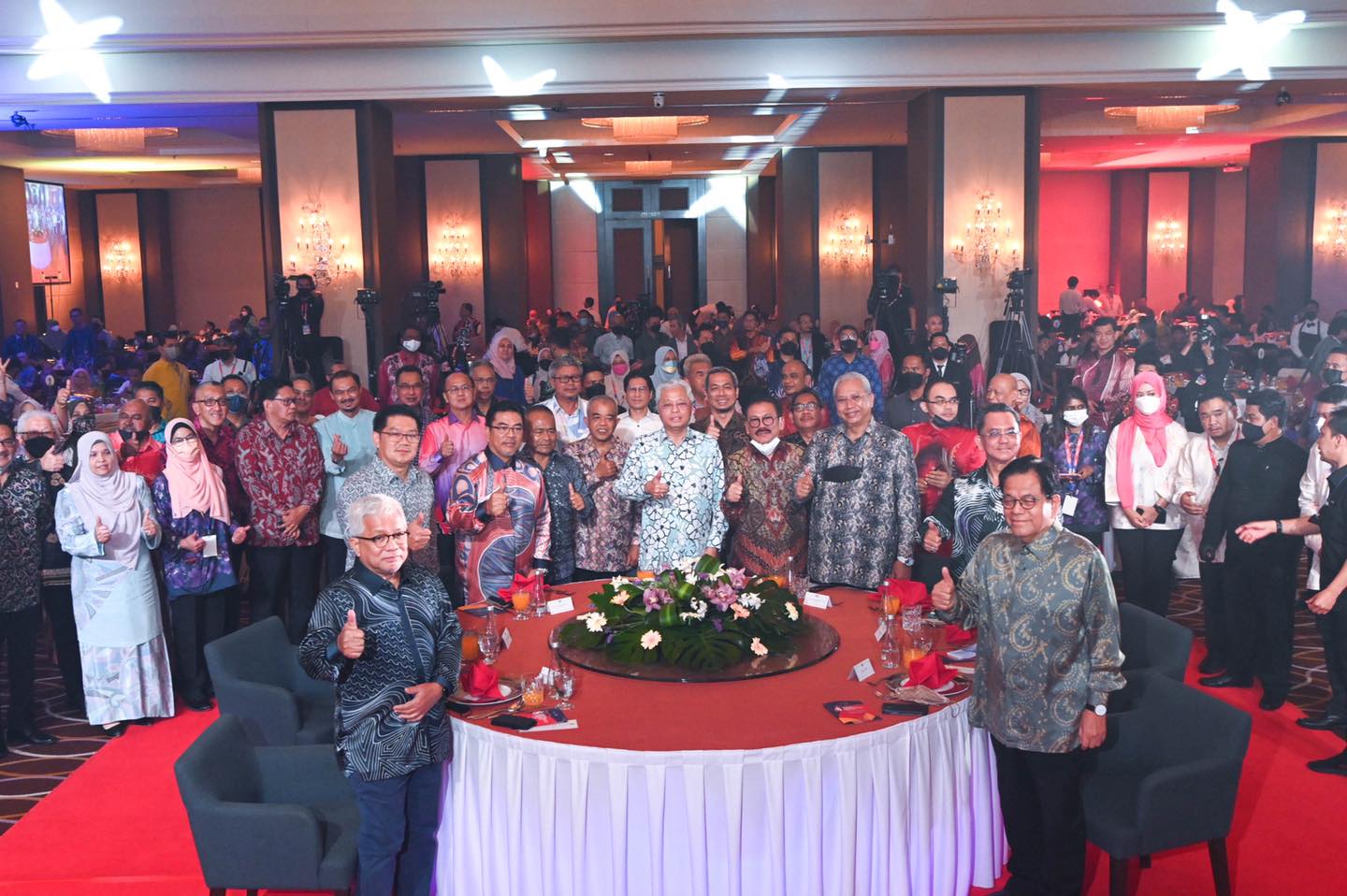
Media Accuracy
Before going to Melaka, I had the opportunity to attend a meeting session with several corporate figures. One of them is Tan Sri Dr Lim Wee Chai, founder and executive chairman of Top Glove, the world’s largest rubber glove maker.
Among the subjects that Tan Sri Wee Chai touched on in his short speech was the question of "accuracy of reporting". Top Glove received negative publicity especially in the context of US sanctions on the company's products, in addition to the factory closure during MCO last year.
I outlined three sources from which we got news about Top Glove namely, media statement direct from the company itself; Top Glove announcement on Bursa Malaysia (publicly accessible) and foreign news agencies such as Bloomberg, Reuters and others.
Everyone in the room that day agreed that the two initial sources were not much of a problem. But foreign news agencies... they will ‘pinch’ especially on the Top Glove's overseas operations.
In this context, I recommend Tan Sri Wee Chai to provide a dedicated or pro-active channel from Top Glove to provide immediate feedback when a situation arises.
“We bonafide media practitioners are not bothered of the Official Secrets Act because the government rarely uses the act.
"What we are afraid of is... being sued. So rest assured that we bonafide journalists maintain the best writing standards possible, especially in corporate affairs," I told Tan Sri Wee Chai and senior management of Top Glove.

What happens when corporates reluctant to deal with the media?
Not many corporate figures like Tan Sri Wee Chai choose to get acquainted with the media. They are more comfortable sending media statements only.
I read an interview with the Chief Executive Officer and founder of Serba Dinamik Holdings Berhad, Datuk Dr Mohd Abdul Karim Abdullah, recently who admitted to being reluctant to speak to the media.
Firstly, due to the Serba Dinamik issue with the court, he was prevented from `telling a lot '. But because of that too, only one angle that is plastered on the audience, which is the negative story.
Second, he doubted “some editors will print what I need to say exactly”.
Personally, I have talked to Datuk Mohd Abdul Karim and I found him to be a person who speaks softly, is sharp in observation and does not behave like a `bourgeois' or 'kayangan'.
It is sad when a businessman like him, who is in trouble but unable to narrate or defend himself in the media in this country.
Those of you who closely follow the Serba Dinamik issue know that the company has sued The Edge Markets. This is what happens when communication is cut off between the media and the company that is the news material.
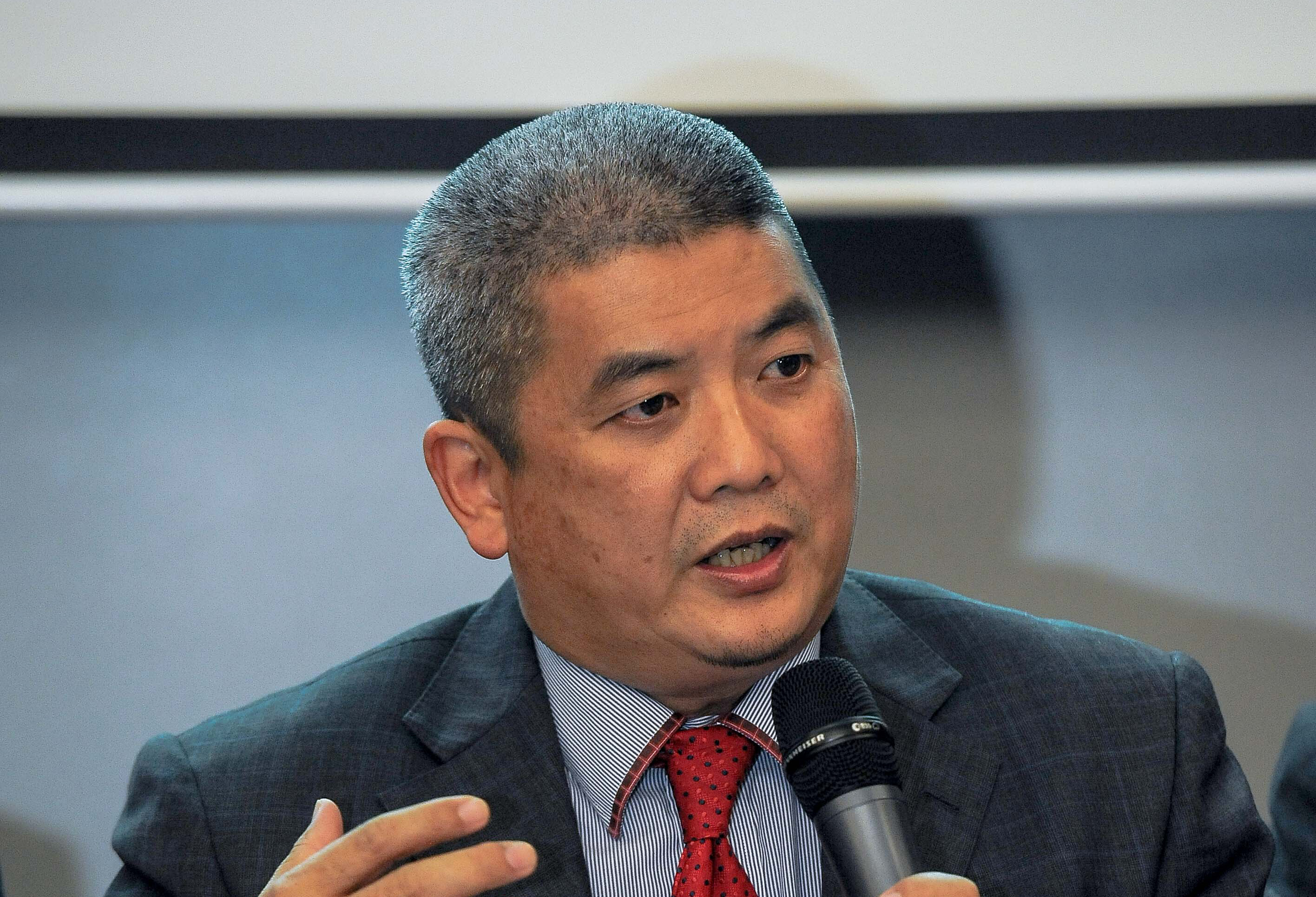
Bonafide reporters
You may have noticed that I emphasize the term `bonafide 'when talking about media affairs in this Merrepak. One of the big problems faced in this age of Facebook, Instagram and TikTok is the spread of fake news.
Who spread fake news? Fake reporters. Who are they? I don't know.
In Malaysia, in general, anyone can call themselves `journalists' because there are no specific rules or laws or qualification tests such as lawyers, engineers and certified accountants.
For bonafide media like DagangNews.com, we need to apply for an accreditation pass from the Malaysian Information Department. But it only works if you want to cover government news. Without the pass, your entry into the Parliament would be denied.
But if the portal is not inclined on reporting the government news, there is no need to apply for the pass. The pass is more like an access to enter government's building.
Another way to gain recognition is to register as a member of the Malaysian Press Institute (MPI). But just like the Information Department pass, there is no specific law to impose mandatory membership.

For this reason, the idea of establishing the National Journalists Association was mobilized, so that there is some form of accreditation or accreditation of bonafide journalists, it does not matter if the media entity focuses its reporting on worshiping the opposition, mocking the government because nowadays, people know which is diamond, which is pebble.
This development is noticed not only by bonafide media practitioners but also the government. The problem is how to determine the legitimacy of a journalist in terms of law?
Why do fake journalists exist? This is closely related to the political arena which sees the spread of false information to confuse the opposition party or the public.
Unfortunately, the level of fake news has gone beyond political reporting and spread to anything that can be manipulated and transmitted.
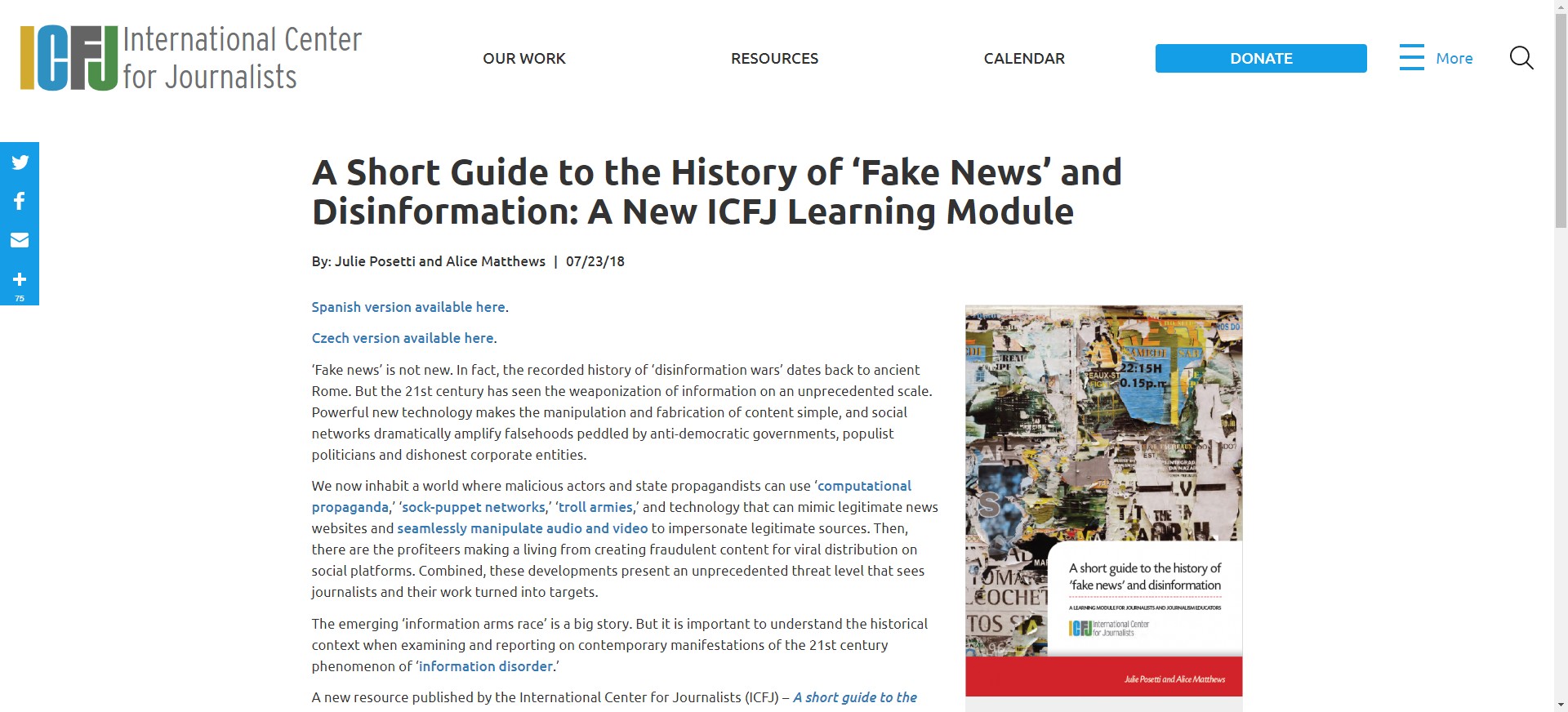
And the problem of fake journalists/ news is not exclusive to Malaysia alone. The whole world is facing this problem.
Similar issues were discussed by international journalists and media organizations. What they do can be used as a guide because curbing fake journalists/news is not an easy job.
Not easy at all ...
Notes: The article is originally written in Bahasa Malaysia.


